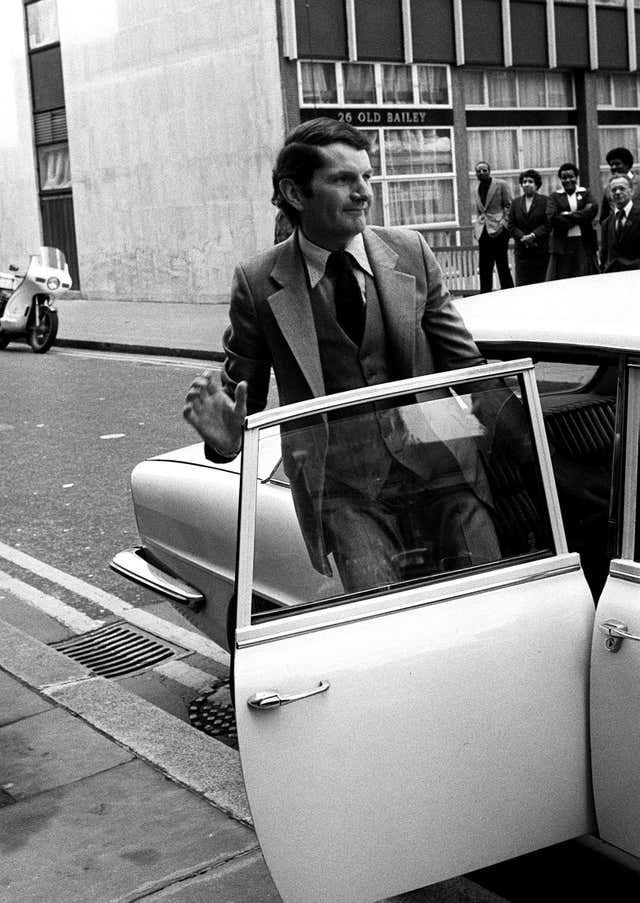
Norman Scott has criticised the way he is portrayed in the BBC’s new drama about his former lover, disgraced MP Jeremy Thorpe.
Scott, played by James Bond star Ben Whishaw opposite Hugh Grant as Thorpe in A Very English Scandal, has said he and his story have been reduced to “a bit of a comedy”, and that he is shown as a “needy weakling”.
Thorpe, a former leader of the Liberal Party, was charged with conspiracy to murder former model Scott, with whom he had been in a relationship in the early 1960s when homosexuality was illegal.

Concerned about his political career taking a hit for having been involved in a relationship with another man, he was accused of ordering the murder. Following trial in 1979, Thorpe was acquitted.
Scott told the Mail on Sunday: “Artistic licence is fine but this isn’t my story. And there’s nothing funny about someone trying to kill you.”
The newspaper said that Scott, 78, gave advice on the series and watched it last month at a personal screening.
Scott said he did not blame “wonderful actor” Whishaw for his portrayal on-screen, but added that “throughout the film I’m portrayed as this poor, mincing, little gay person”.
He said: “It’s ridiculous. I also come across as a weakling and I’ve never been a weakling. My friends will be horrified when they see it.
“Sadly they’ve also turned it into a bit of a comedy. It’s far too light, given what happened.
“They showed selected critics the first episode and the producers were pleased because they laughed through a lot of it. But my story isn’t a comedy – it’s about the total destruction of a person.”
Scott said he was made out to be “a mere stable boy for much of it, but that is so far from the truth.”
“I competed in showjumping, I rode at Badminton (Horse Trials) and I taught riding,” he added.
“I lived in some beautiful houses and ran my own businesses. I had a successful modelling career.”
The three-part series, penned by former Doctor Who showrunner Russell T Davies and directed by Stephen Frears, is based on the best-selling book by John Preston that tells the account of the trial of nearly 40 years ago.
The Press Association has contacted the BBC for comment.


Comments: Our rules
We want our comments to be a lively and valuable part of our community - a place where readers can debate and engage with the most important local issues. The ability to comment on our stories is a privilege, not a right, however, and that privilege may be withdrawn if it is abused or misused.
Please report any comments that break our rules.
Read the rules here